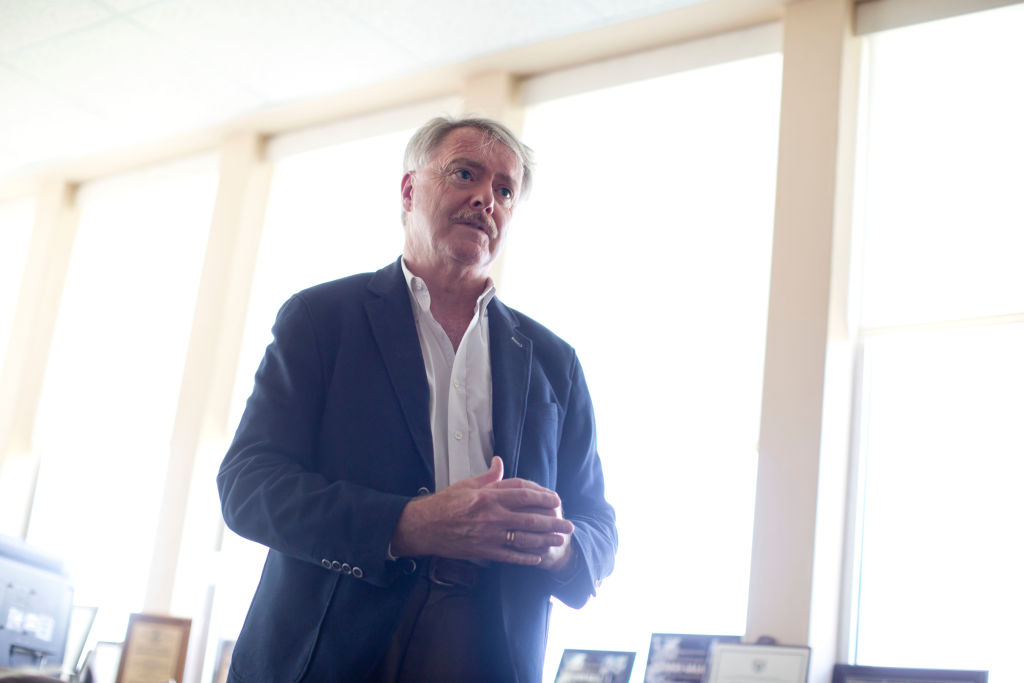Mayor Mike Bradley of Sarnia, Ont., says he doesn’t mind “getting a lot of criticism” and he’s hoping politicians at the local, provincial, and national levels are willing to take some criticism, as well, as leaders face difficult decisions amid the ongoing novel coronavirus pandemic.

While he anticipates severe economic impacts — projecting a loss of “10, 20, 30 per cent of our businesses” if the health crisis doesn’t drastically improve by mid-summer — he’s urging all levels of government not to rush into lessening restrictions.
He also wishes that strict action was taken early on, provincially.
“I think we would’ve seen a lot fewer cases. I’m not second-guessing them, that was their call to make,” he said.
“But the fact is, it’s been drip, drip, drip changes over the last six weeks or so and I think that is getting on the public’s nerves.”

Regardless of what Bradley would have liked to have seen in the past, he’s now looking to the future.
While he said he was happy to see recent modelling data released by the province that suggests coronavirus numbers may have peaked, he worries that the data will embolden those wishing to lift restrictions too early.
“Momentary popularity is not worth it. The decisions you make will impact on your community for decades because you didn’t deal with this crisis the right way.”
Bradley also highlighted the particular concerns facing municipalities that border the United States, as Sarnia borders Michigan, saying he’d like to see increased testing of truck drivers.

Get weekly health news
“Those truckers going back and forth are going into states that are being totally irresponsible — whether it be about church gatherings or other rallies to take place — and it doesn’t take much to spread the virus,” he said.
However, the extended closure of the U.S-Canada land border to all but essential traffic was welcome news to Bradley.
The City of Sarnia on Monday cut nearly $2-million in services — about 160 positions seasonal and student positions and about 20 full-time positions that won’t be filled, according to Bradley — in hopes of trying “to get out of the health crisis so we can get back on track economically.”
“My position here probably isn’t that popular with the council and some members of the public, but my belief is this $2 million that we just absorbed, that’s our contribution to the COVID fight,” Bradley said.
“I won’t be seeking, and council may decide differently, funds from Ottawa. Down the road, we may be looking for some assistance if necessary if this is very long-term.”
While the provincial government in British Columbia has allowed municipalities to borrow from their existing capital reserves and carry debt for an additional year in an effort to help cities cover expenses, Bradley is urging the Ontario government not to follow suit.
“That to me is the wrong thing to do,” he explained.
“By running a deficit and allowing us to do that, all you’re doing is raising our credit card limit and that’s not right.”














Comments
Want to discuss? Please read our Commenting Policy first.